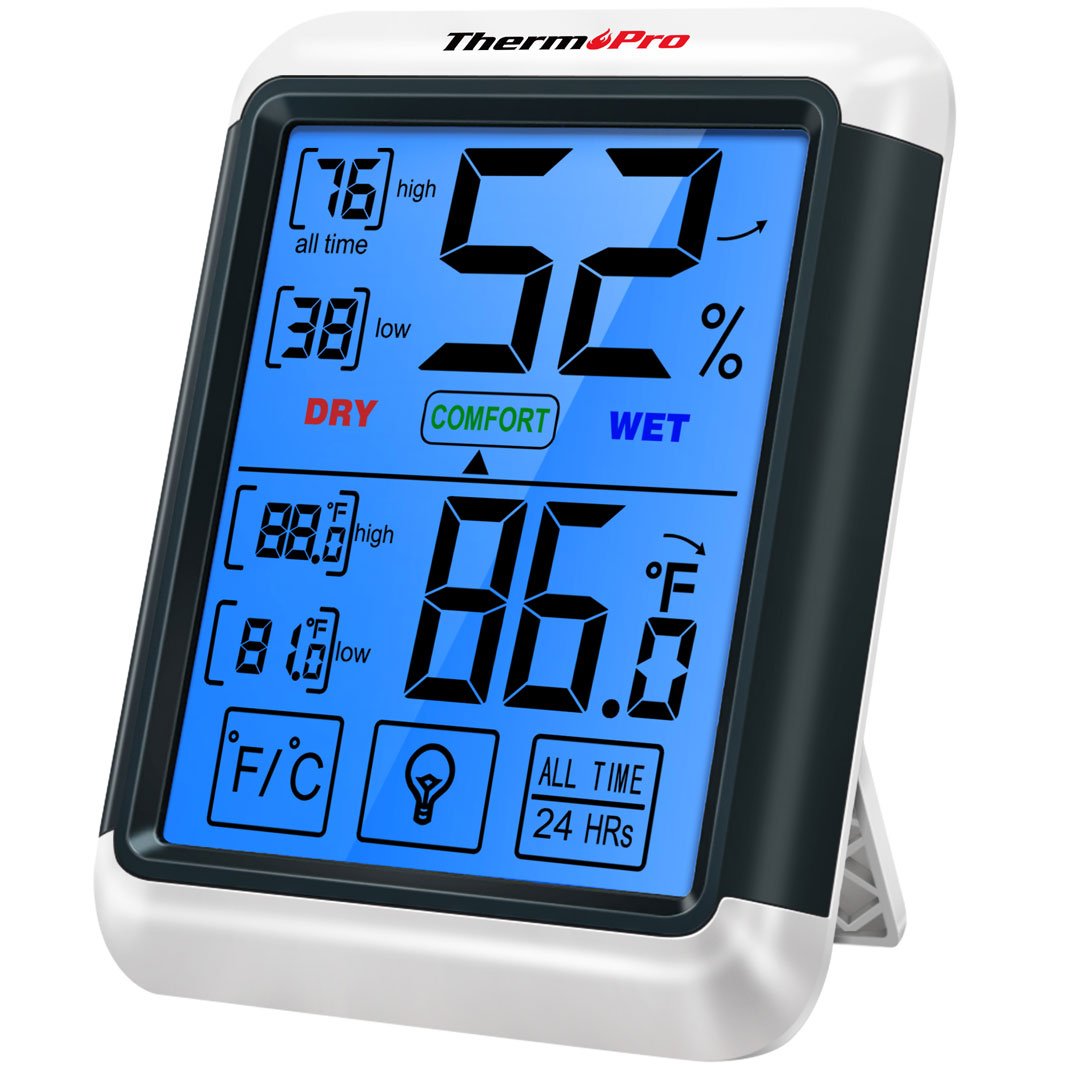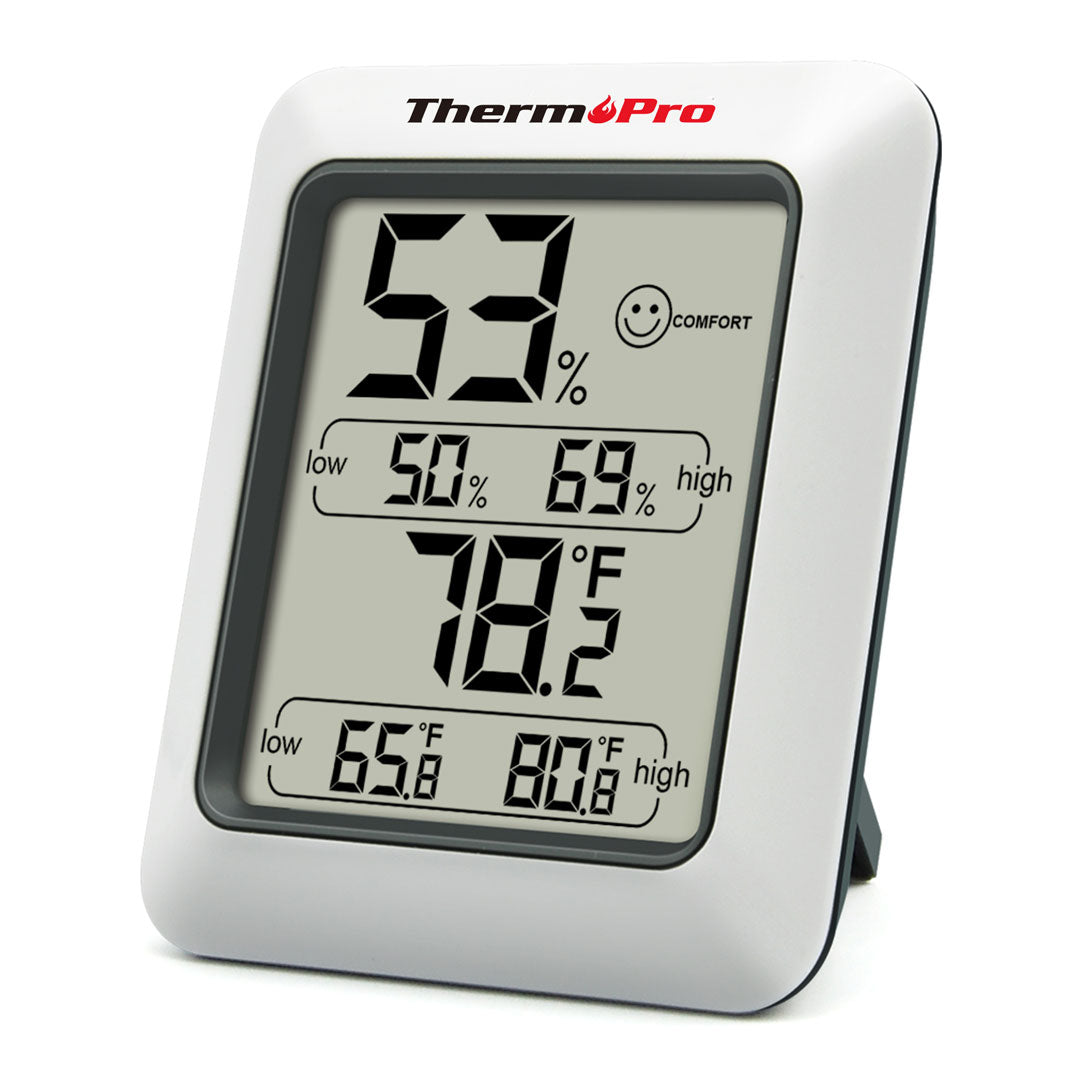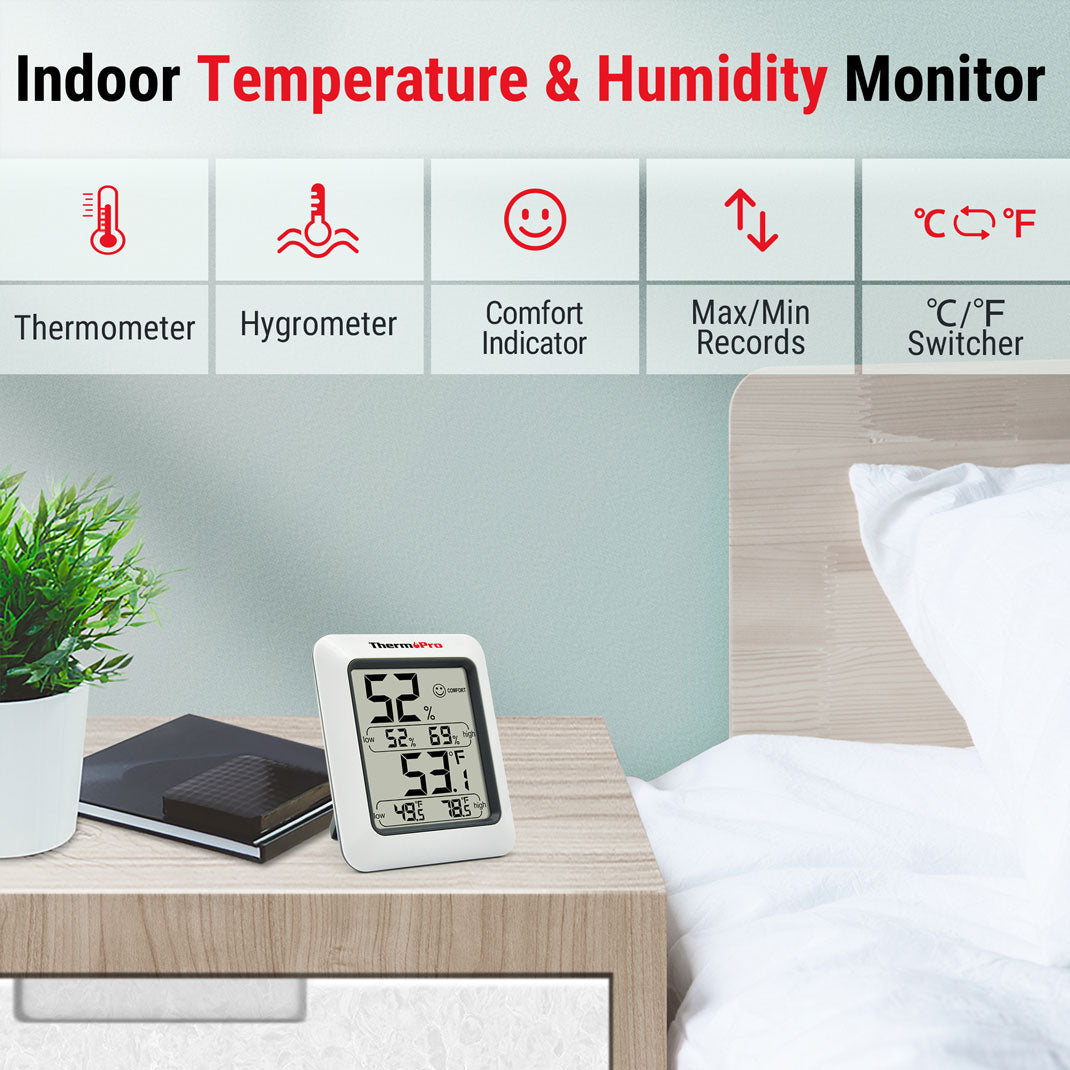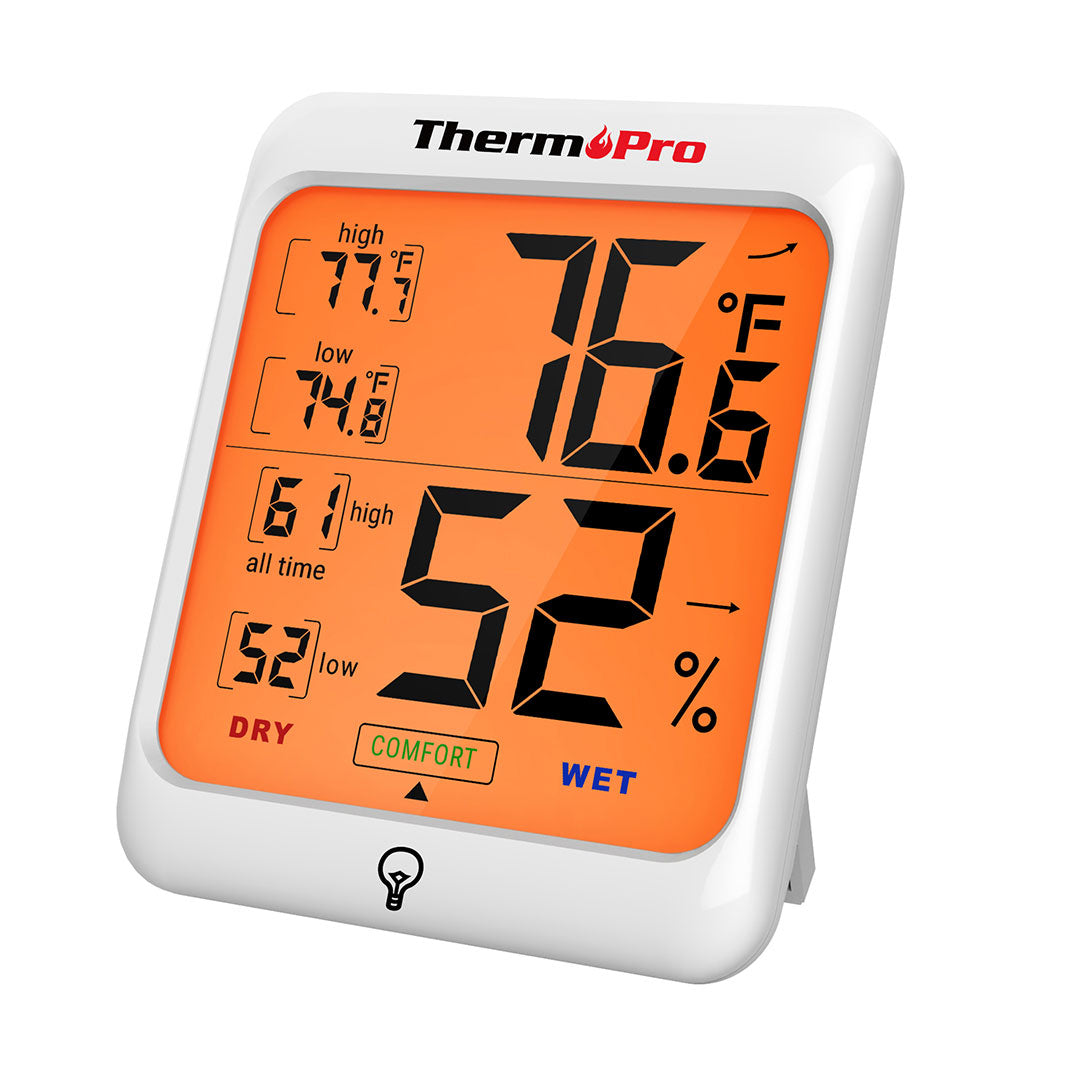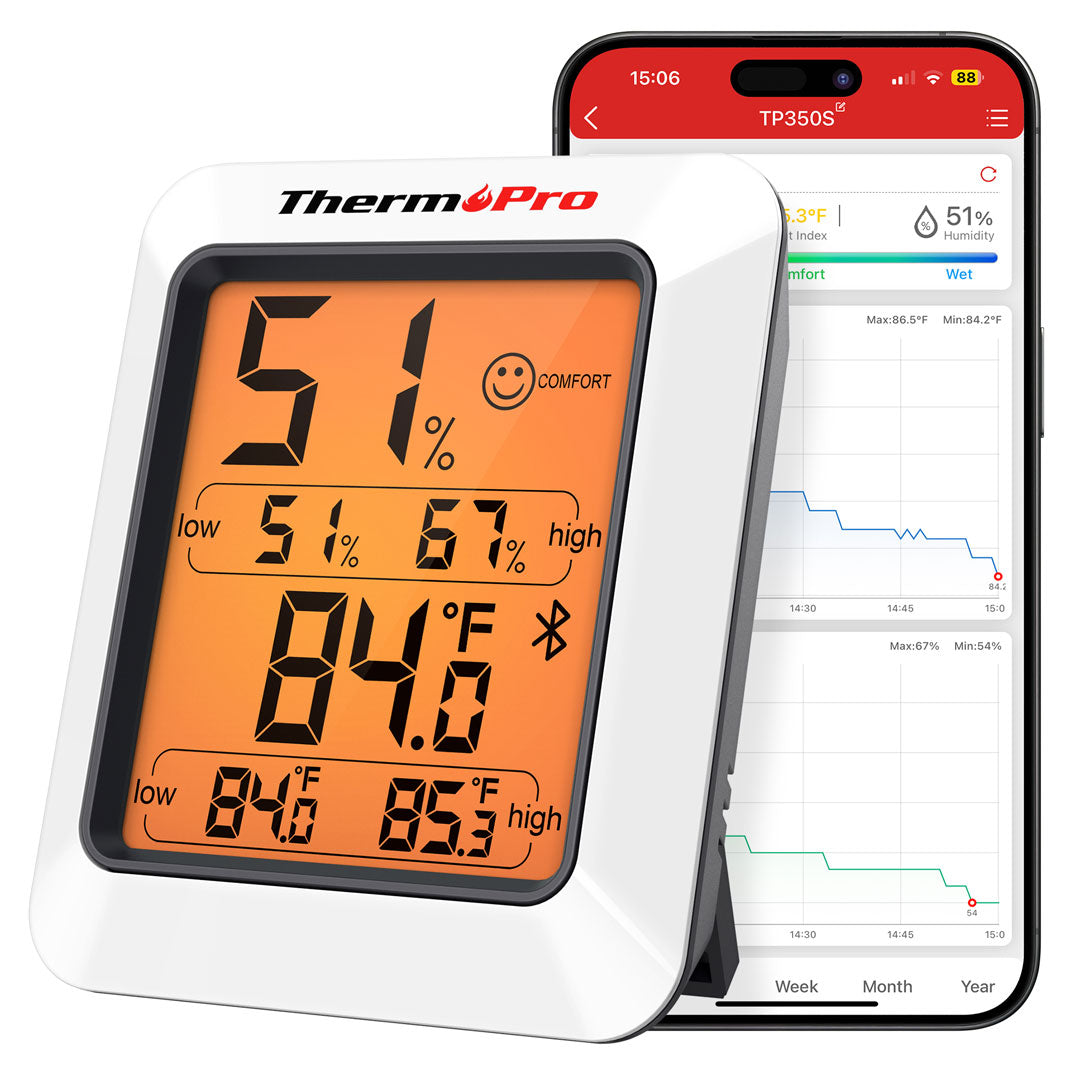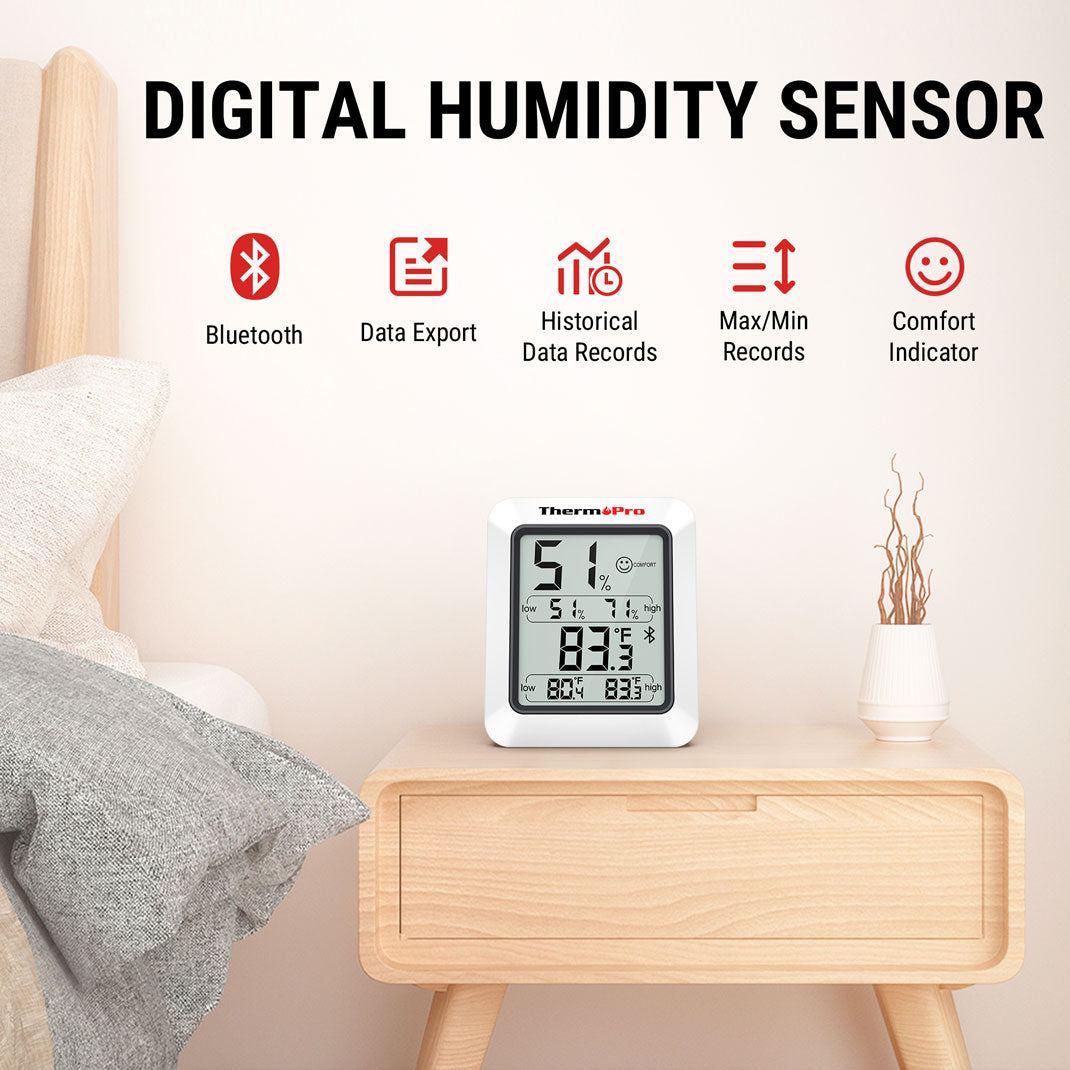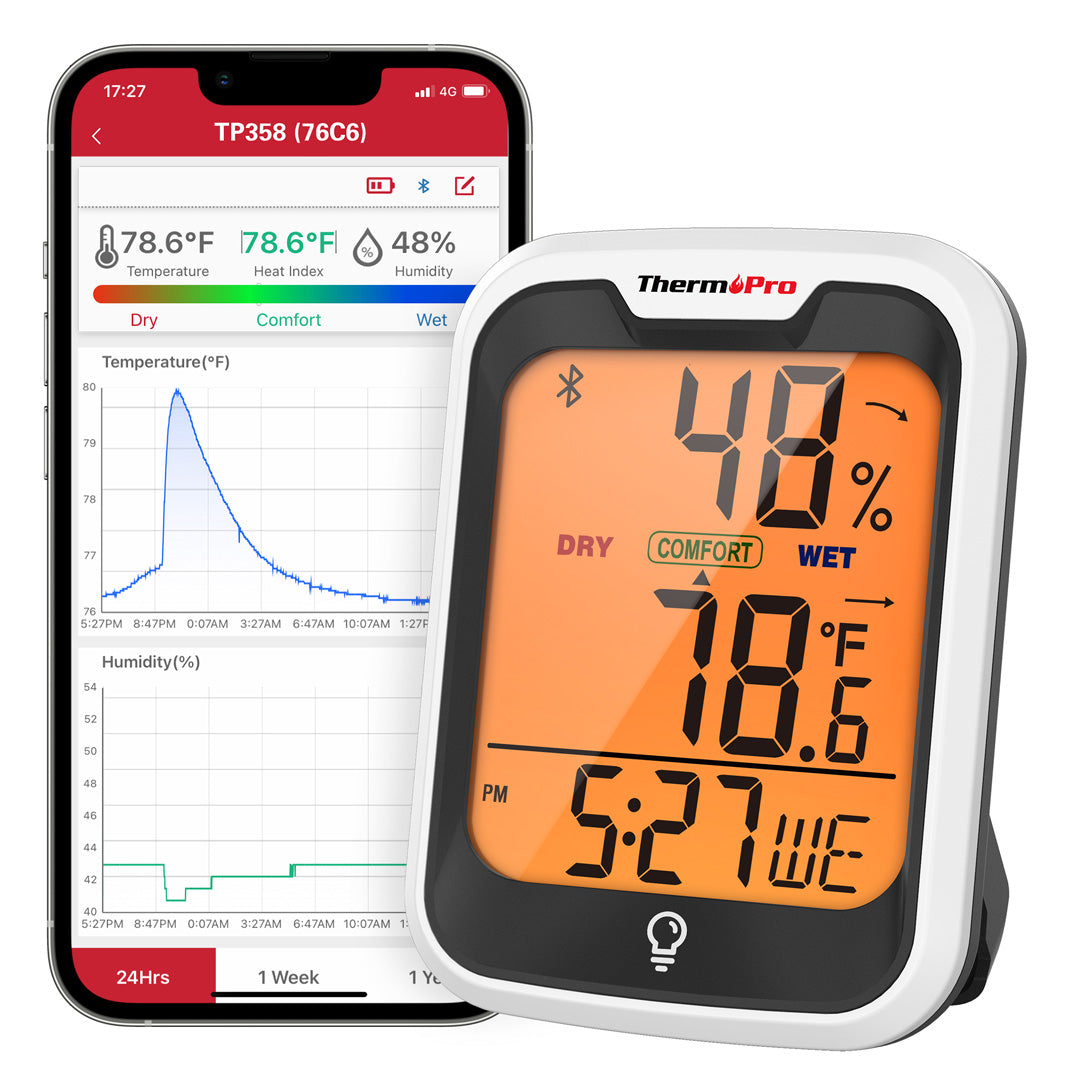How Does Humidity Affect Asthma?






 288 Comments
288 Comments
HOW TO MANAGE ASTHMA
CAUSES OF ASTHMA
The cause of asthma is unknown, but some scientists believe that genetics and pollution can cause asthma. If you have allergies, bronchitis, or your mother smoked while pregnant, you are at risk of developing asthma. Children born before 37 weeks or those with a low birth weight are also likely to develop asthma.
ASTHMA TRIGGERS
Asthmatic attacks can be triggered by temperature changes, cold air, and increased humidity. As mentioned above, high humidity traps dust particles and mold, which affects your ability to breathe. Pollution, smoke, mold, fumes, pollen, animal fur, and other allergens can trigger an asthmatic attack too. Apart from these, exercise and being emotional can also result in an asthmatic attack.
To diagnose asthma, your doctor will ask about your symptoms and their frequency. They may also carry out several tests, including peak flow tests and spirometry.
According to the NHS , asthma can be managed using inhalers and tablets. With the right course of treatment, people living with asthma can live comfortable lives.

INHALERS
People living with asthma may use different types of inhalers to manage the condition. An inhaler contains medicine either in power or aerosol form that a patient inhales into their lungs. These open up airways and include reliever inhalers, preventer inhalers, and combination inhalers.
Reliever inhalers help relieve the symptoms when they occur, while preventer inhalers prevent the occurrence of symptoms. Preventive inhalers usually contain steroid medicines. Combination inhalers are prescribed to patients for whom the preventer and reliever inhalers do not work.
TABLETS
There are several tablets that doctors prescribe to their patients with asthma. These tablets help prevent the occurrence of asthmatic attacks. They include steroid tablets and Theophylline. Bear in mind that these treatments have side effects.
INJECTIONS
There are also injections that doctors give their patients that help control the occurrence of asthmatic attacks. These include Fansera, mepolizumab, and Omalizumab. Bear in mind that these are prescription-only medications, and not everyone who has asthma can take them.
SURGERY
Apart from tablets and inhalers, people who have asthma can undergo a surgical procedure called bronchial thermoplasty. The doctor uses a flexible tube to pump heat into the bronchial muscles and stop them from narrowing. It is a safe procedure that has helped many people that have severe asthma.
COMPLEMENTARY THERAPIES
These treatments include acupuncture, breathing exercises, dietary supplements, manual therapies, ionizers, and Chinese herbal medicine.
WHY DOES HUMIDITY AFFECT ASTHMA?
Humidity can make asthma worse, as Deborah Whitherspoon, Ph.D., R.N., CRNA explains in her Healthline article. Here are some of the reasons why your asthma symptoms become worse in high humidity.
HEAT AND HUMIDITY CONCENTRATE POLLUTANTS
You may have noticed that outdoor air is harder to breathe when it is humid and hot than when the weather is cool and mild. The moisture in the air holds pollutants, dust, mold, and other particles. These can irritate your airways and lead to an asthmatic attack. Bear in mind that things like fungi thrive in high humidity and are terrible for people who have asthma.
HOT AIR CAN AFFECT YOUR LUNGS
When the air is hot, breathing can cause your airways to become narrow. If you have asthma, you are going to feel breathless. It is essential to mention that sudden weather changes can trigger asthmatic attacks. For example, leaving an air-conditioned room and walking out in the street can give you an asthmatic attack.
MOIST AIR IS HARDER TO BREATHE
When it is humid, the air is heavy and harder to breathe in. If this happens, your body temperature goes up and which makes you sweat, resulting in dehydration. That can worsen your asthma symptoms.
HOW TO FIND HUMIDITY IS TOO MUCH
As mentioned above, humidity is bad for your health, especially if you have asthma. It can aggravate your symptoms and lower your productivity. Too much humidity refers to levels above 60%. For people living with asthma, this can be very unpleasant. They may experience problems breathing and even have asthmatic attacks.
Normal humidity is between 35% and 60%. If it is lower than 15%, it is too low. Very low humidity can cause asthma flare-ups because the heat dries your mucus membranes. Those membranes protect your body from particles such as mold and dust.
To ensure that you have excellent home humidity levels, you need to a hygrometer to monitor your home humidity. ThermoPro’s TP-53 hygrometer measures house humidity and temperature. It is touch-sensitive and has an air comfort indicator. Its touch-sensitive backlight button ensures that you can light it up quickly when it is dark.
The air comfort indicator uses humidity to rate air comfort. You can mount the ThermoPro’s hygrometers on your wall or tabletop. You can place it in any room in your house, and it will measure humidity and temperature. If the humidity is too high, below are ways you can lower your house humidity.
HOW TO DECREASE HOUSE HUMIDITY
You can decrease your house humidity by placing fans in the bathroom and the kitchen. The fans ensure that moisture does not escape into other parts of the house and increase your house humidity. It will also reduce humidity levels in the kitchen. You can also place exhaust fans in the attic and other cramped areas of your house.
OPEN THE WINDOWS
You can lower the humidity in your home by opening the windows. If you live in a city where the air is polluted, you may have to buy an air conditioner.
LOWER SHOWER TIME
If you have long hot baths or showers, it will increase the humidity in your house. It is also crucial to avoid hanging clothes that are wet indoors as that will increase the amount of lint, detergent, and fabric conditioner in the air. That can lead to an asthmatic attack when inhaled.
VENT THE CLOTHES DRYER OUTSIDE
Venting your clothes dryer indoors will warm your home and help reduce energy costs. It will also increase humidity in your home and make your life much harder. It can also increase pollution in your home and worsen your asthma symptoms.
CLEAN YOUR GUTTERS
If your gutters are clogged or damaged, they may hold water. That water could seep into your roof and walls. In case your downspouts are damaged, the water will pool around your house and seep into your foundation. These will create rising dampness which will raise house humidity levels.
House humidity can adversely affect people living with asthma. Asthma is a severe respiratory condition that affects 7.6% of people worldwide. You can use ThermoPro’s hygrometer to monitor humidity in your home. Taking the above steps will help reduce home humidity and make the air more breathable.
Comments
You May Also Like

Ideal Temperature and Humidity for a Greenhouse

How to Reduce Summer Humidity in Your Home

How to Control Indoor Temperature and Humidity at Home








